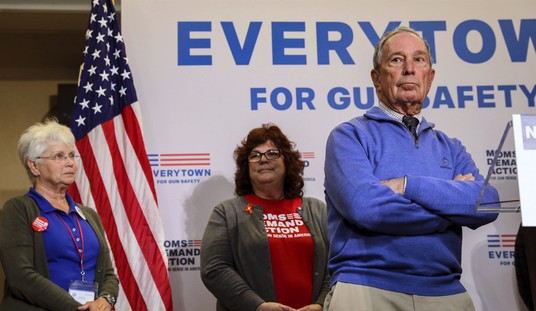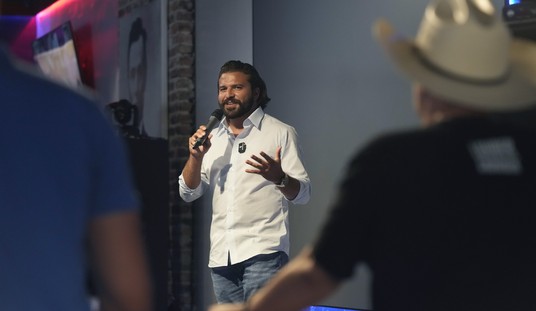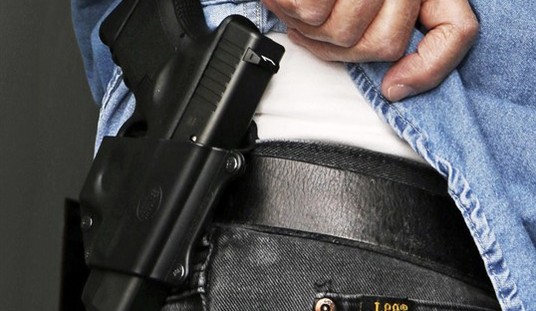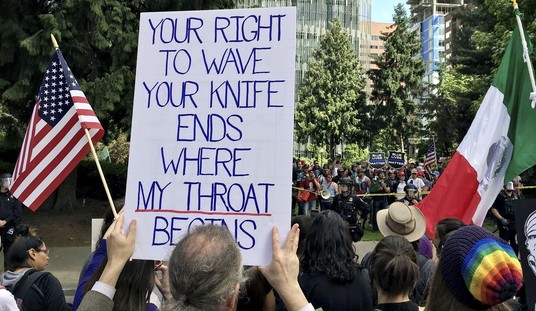Two of the more trendy gun control measures being considered right now are universal background checks and red flag laws. Both may seem reasonable to the uninitiated, of course, because they’ve been framed as reasonable by lawmakers and a compliant media. They’re not, of course, for a number of reasons.
None of those reasons seemed to matter to legislators in Minnesota, though. After all, their House passed both of them earlier this week.
After over four hours of floor debate, the Minnesota House of Representatives on Thursday, Feb. 27, advanced a pair of gun control proposals for the second year in a row.
The first of the package, House File 8, passed the House 69-61 and would boost background check requirements before sales and transfers of guns, with some exceptions. The second, often dubbed the “red-flag” bill, passed 68-62 and would allow law enforcement to confiscate firearms if someone poses a danger to themselves or others.
Thursday’s tally wasn’t a surprise as Democrats have pushed the measures since winning the House’s majority in November 2018 — an electoral victory they say was largely driven by voters’ eagerness for action on guns. The House passed the same two bills last year as part of a public safety omnibus, but they were not taken up by the Republican-majority Senate. This year, the bills again face an immediate wall in the Senate.
Advocates and opponents for the bills on Thursday crowded the House galleries and held up signs outside the doors of the House chamber as lawmakers walked in. A sea of protesters in orange T-shirts chanted, “What do we want? Background checks. When do we want them? Now.”
…
Republicans, on the other hand, say bills like HF 8 and 9 won’t prevent senseless gun violence. Minority Leader Rep. Kurt Daudt, R-Crown, argued that people who want to do harm will break the law to obtain guns anyway, and all that HF 8 and 9 would do is penalize law-abiding gun owners.
Instead, Daudt accused Democrats of using the bills as “a talking point for an election.”
“Democrats, you are failing the people in your cities who are worried about violent gun crime and that will be in your hands,” he said.
Those for and against the bills have bemoaned the heated partisan divide on guns, with supporters saying that lives are at stake, and detractors saying Constitutional rights are — both should be nonpartisan issues, they have argued.
Plus, something not noted here is that while gun-rights supporters are sympathetic to saving lives, we completely disagree that gun control is a way to do so. After all, the number routinely bandied about for gun fatalities each year is around 40,000 or so. Two-thirds of those are suicides, but even if we lump the two together, that’s still a whole lot fewer than the 2.5 million who use a gun to save their own lives every year.
Gun control doesn’t reduce the number of people who die from a gunshot each year. Those numbers have been trending down even while gun rights continued to expand. If guns result in more death, that wouldn’t be the case, yet it is.
However, there is reason to believe that things like red flag laws might actually make suicide rates worse.
So gun control isn’t the answer. The problem is, anti-gunners refuse to have a discussion of any potential solutions besides gun control. The result is people will die and our rights will be restricted. Yes, some of those deaths may well be because our rights were restricted.
Of course, it’s not like these people actually care about human lives. They just want political points.
Luckily, these bills have to go to the GOP controlled Senate where their passage isn’t nearly as likely.








Join the conversation as a VIP Member